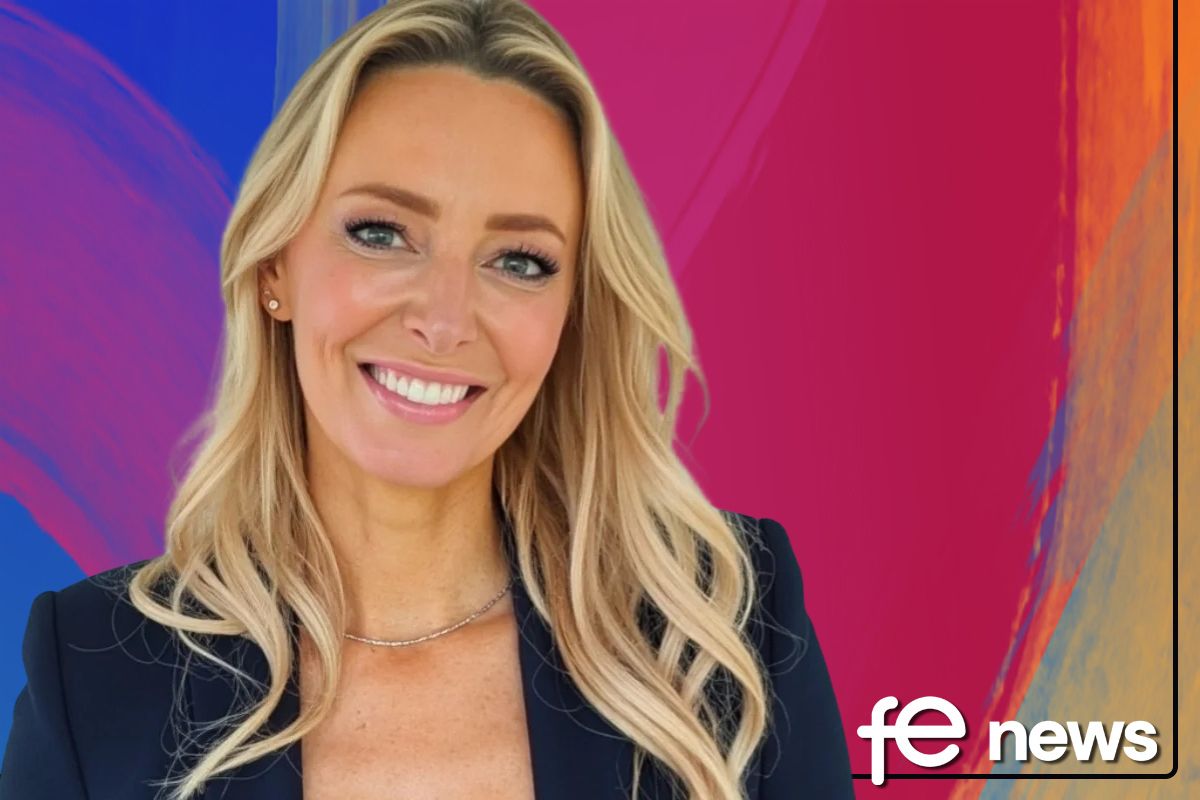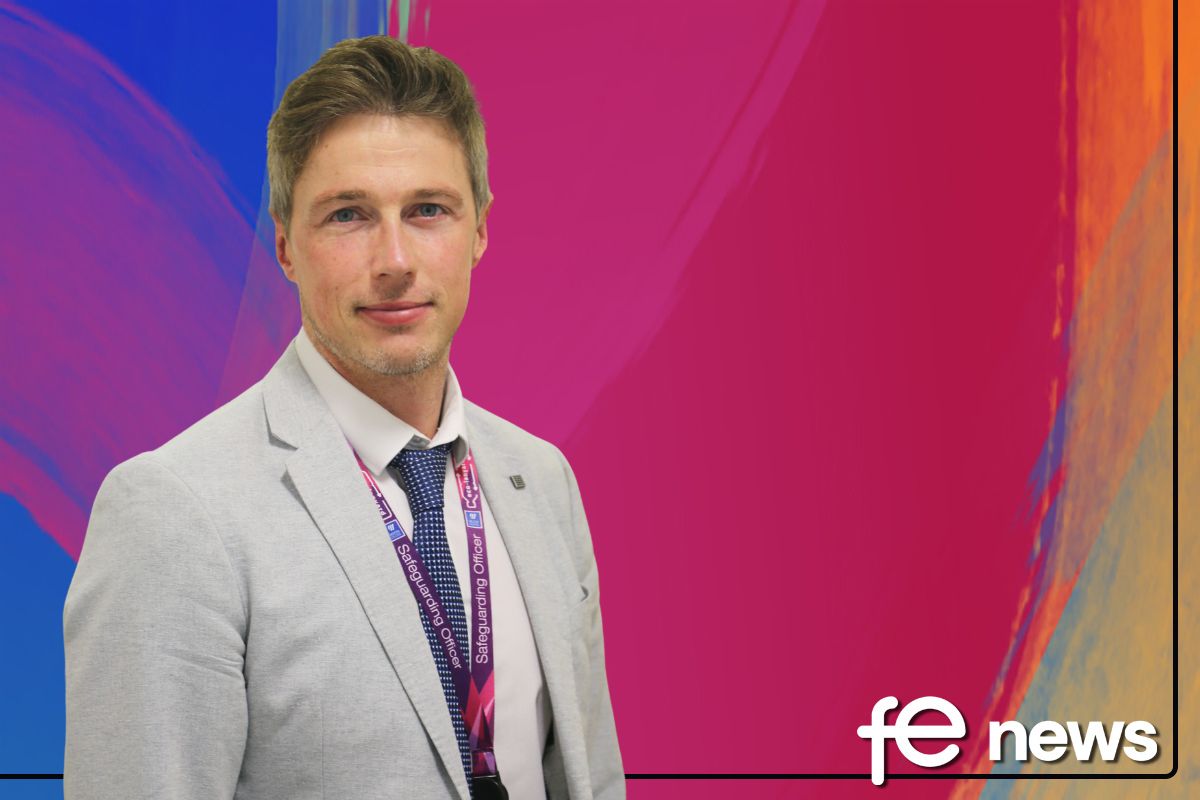Making a commitment to be held accountable for meaningful change

@CityandGuilds Groups’s very own interpretation of the Theory of Change
Yesterday (20 Apr) we published our baseline Social Impact Report. It’s something I’m incredibly proud of; our very own interpretation of the Theory of Change. A robust framework by which we can evidence how everything we do across City & Guilds Group is helping people into secure and sustained employment, making businesses stronger, and producing skilled and productive societies.
In an incredibly disconcerting time, it is so important that organisations find and deliver on their purpose. None of us are untouched by this crisis and as it throws up new challenges every day. Being clear about why we’re here – the difference that we’re making through our work – is what keeps us going.
Learning new skills is a wonderful gift in and of itself but it is also an essential step for people to progress. Training and qualifications are only worthwhile if they support development and progression, improve productivity or help to fill skills gaps.
At the City & Guilds Group we have long championed the value of skills to help people into a job, progress on the job and move into the next one. In fact, helping people, organisations and economies to develop their skills for growth is our core purpose.
That is why this year we have gone further, setting ourselves a bold ambition to understand, measure and report on the societal impact we are having across every touch point in all of our activities, markets and sectors.
Developing our social impact framework
Over the past year, we have been developing our social impact framework, in partnership with Cranfield University, and this report shares our process, in what will be a regular and robust measurement of our social impact. This first report is mostly about how we developed our Theory of Change approach, and how it is helping to shape our focus, as well as sharing current evidence of our impact, where that exists.
From a numbers view, that includes reaching 4.9m learners each year – with an increasing focus on those skills needed most. We’ve been doing a lot of work to identify the sectors facing skills shortages and the types of capabilities and behaviours people need to fill roles, so we can do whatever we can to help them into lasting work. It includes our working evermore closely with employers, as 88% of best practise organisations tell us investing in training leads to higher productivity. And it’s also about celebrating the impact of our Skills for Growth Fund, where we’ve partnered with 11 charities that remove barriers to training and has supported 7691 people who are now at least four times more likely to be in employment.
Beyond the numbers, we’ve got stories: there’s the man with a debilitating illness, unable to provide for his family and for who we provided a bursary in electrical engineering. There’s the construction workers, for whom our sitepass product has made their workplace much safer. Or World Refugee Schools and the thousands of students we’re helping get the skills recognition they need to find work in the future.
There’s something very powerful about understanding the stories behind the numbers and how they translate into transforming lives, and although these stats and stories are just the tip of the iceberg, it gives us a clear indication of the real power of skills development.
But this is just the beginning.
In the report we outline eight core commitments we want to take forward over the next two to three years, to start us on this journey and to better direct how we continue to drive social change through learning. As we look ahead to the City & Guilds Group’s 150th anniversary in 2028 and our impact goals to get us there, we look forward to measuring and reporting all of our social metrics alongside our financial performance to really demonstrate the impact we are having as an organisation and the impact skills have on people, organisations and economies.
In time, these measures will help us have an even greater social impact on our purpose – and being able to make sure everyone, no matter where they come from, has the opportunities to succeed. Whatever the world we wake up in tomorrow.
Kirstie Donnelly MBE is CEO at City & Guilds Group
You can read the City & Guilds Group Social Impact Report 2020 online here:











Responses